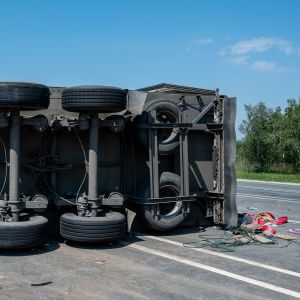Hundreds of wrongly convicted people have been released from prisons in Connecticut and around the country because DNA evidence emerged that proved their innocence. Many of these individuals spent decades behind bars for crimes they did no commit, and it was usually a mistaken courtroom identification that sealed their fate. The moment in a criminal trial when a witness with no reason to lie makes a positive identification can seal the defendant’s fate, but the results of several studies suggest that this type of testimony is inherently unreliable.
Lineup procedures create bias
Most of the eyewitnesses who make identification errors in court are honest people doing the best they can. The problem is the way law enforcement procedures affect their subconscious minds. Researchers have discovered that witnesses are more likely to make a positive identification during lineups if they are shown mugshots first, and they tend forget all of their doubts and hesitancy when they are thanked and congratulated afterward. The presence of criminal defense attorneys ensures that police officers behave appropriately during lineups, but there is little they can do to ease the pressure that witnesses are under in these situations.
Avoiding errors
According to the Innocence Project, eyewitness misidentification plays a role in almost 70% of wrongful convictions in the United States. To minimize these mistakes in the future, the criminal justice advocacy group is calling for police lineups to be conducted by “blind” administrators who do not know who the suspect is. This would not eliminate the problem completely, but it would prevent administrators from giving intentional or unintentional clues or hints. The Innocence Project also wants police departments around the country to standardize and document their lineup procedures.
Unreliable memories
We all want to help the police to keep our neighborhoods safe, but this desire to do our part can sometimes seize control of our memories. Prosecutors should only call on eyewitnesses they have complete confidence in, and judges should understand that factors like cross-racial identification can make this kind of testimony even more unreliable.





